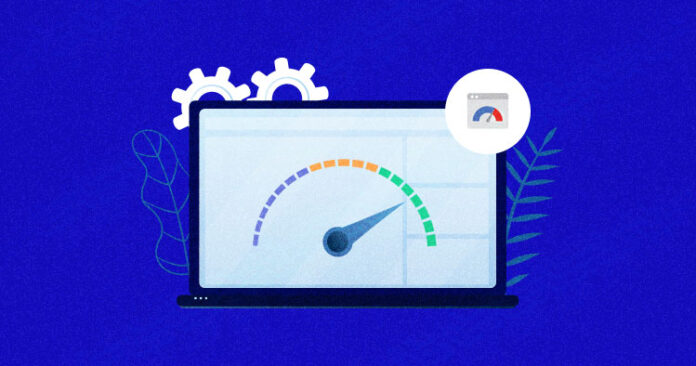In the digital era in which we’re currently living, you can use many tools to grow your business and your digital presence. Developing a Search Engine Optimization (SEO) strategy is one of the most efficient and popular methods. Enhancing a website through SEO comes with a series of factors, but does the speed of a page matter as one of them? The speed at which a webpage loads has become critical in determining a website’s ranking on search engine result pages (SERPs).
In today’s article, we asked the Alpha Efficiency experts to provide information about the connection between page speed and SEO, highlighting why optimizing for fast loading times is not just a best practice but a necessity for online success.
Understanding page speed
Page speed refers to the time a website loads its content and becomes fully interactive. It is often measured in seconds and can significantly impact the user experience. Enhancing a fast-speed website is crucial if you want to keep your audience attached. Let’s be honest; who likes a website page that takes forever to load? Slow-loading pages can frustrate users, leading to higher bounce rates and decreased engagement. This negative user experience can have far-reaching consequences, affecting user satisfaction and how search engines perceive a website.
Search engines and user experience
Search engines, notably Google, have a vested interest in delivering the best possible user experience to their users. As such, they consider various factors when analyzing your website, and user experience is a key element. Page speed directly affects the user experience, with faster-loading pages contributing to a more positive interaction. Google’s algorithms take this into account, favouring websites that prioritize fast loading times.
Page speed as a ranking factor
Google officially announced page speed as a ranking factor in its algorithm back in 2010. While it’s essential to note that page speed is just one of many factors contributing to a website’s ranking, it’s a factor that should not be underestimated. Google’s “Core Web Vitals” initiative places even greater emphasis on user experience metrics, including loading performance.
If you want extra help when it comes to improving your website’s speed, there are a lot of speed insight tools available on the internet that can give you the extra hand you need.
Mobile-first indexing
The shift to mobile-first indexing further underscores the importance of page speed. With most internet users accessing websites through mobile devices, Google primarily uses the mobile version of a site’s content for indexing and ranking. Mobile devices often have processing power and network speed limitations, making fast-loading pages crucial for retaining mobile users’ attention and engagement.
Bounce Rate and Dwell Time
Bounce rate is the percentage of users who navigate away from your site after viewing only one page. Slow-loading pages tend to have higher bounce rates, as users are likely to abandon a site that doesn’t provide instant gratification. On the other hand, fast-loading pages contribute to lower bounce rates and increased dwell time (the amount of time users spend on a page). These metrics indirectly signal search engines that the content is relevant and of value to users.
Mobile page speed and local SEO
Mobile page speed is crucial for local SEO for businesses with a physical presence, such as local shops and restaurants. When users are searching for businesses on the go, they are often looking for quick information, such as directions, contact details, menus, and operating hours. Slow-loading pages can lead to frustrated users who quickly move to a competitor’s site, negatively impacting local search engine rankings.
Technical and On-page optimization
Improving page speed involves a combination of technical optimization and on-page strategies. Compressing images, minifying CSS and Javascript files, leveraging browser caching, and utilizing content delivery networks (CDNs) are some technical methods that can significantly enhance loading times. On-page elements like reducing the number of redirects and using asynchronous loading for non-essential elements can also contribute to faster loading speeds.
Conclusion
In the complex realm of SEO, page speed stands out as a critical factor that can make or break a website’s success and can be as crucial as any other. From influencing user experience and engagement to directly impacting search engine rankings, fast-loading pages are a fundamental requirement for an effective online presence. As the digital landscape evolves, businesses and website owners must prioritize optimizing page speed to ensure they remain competitive and provide the seamless user experience that modern internet users expect.
